
In the News: Monday, 16 September 2020
UN peacekeeping chief outlines reforms needed to keep operations fit-for-purpose Source: UN News Over the next 10 years, the world could well be transformed by potentially lethal new technologies, climate

UN peacekeeping chief outlines reforms needed to keep operations fit-for-purpose Source: UN News Over the next 10 years, the world could well be transformed by potentially lethal new technologies, climate
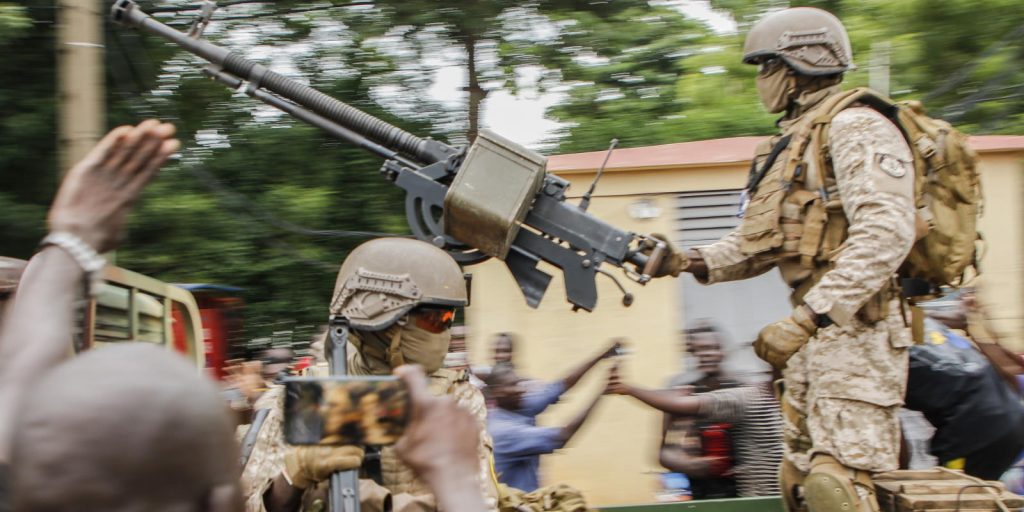
Special Edition on the Sahel
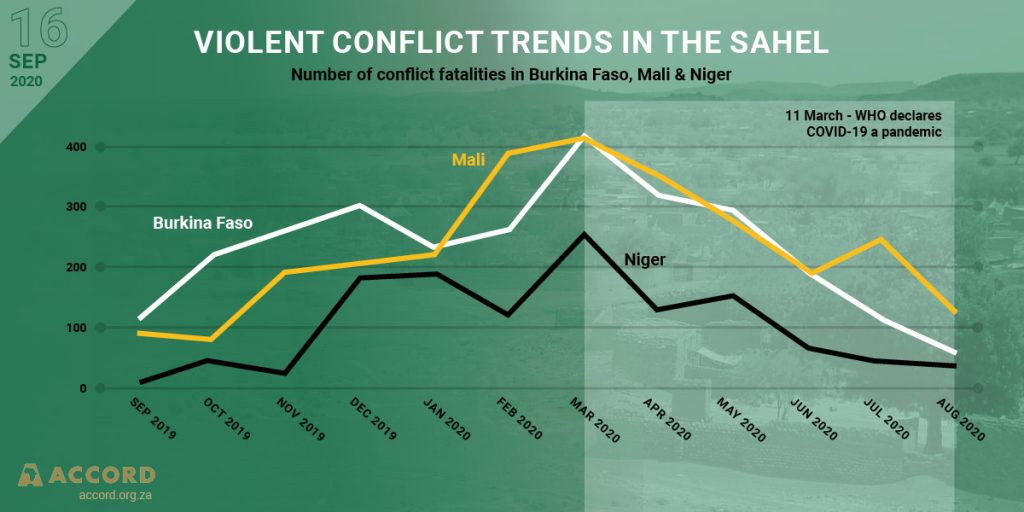
The COVID-19 pandemic is directly and indirectly affecting governments’ ability to secure their populations. This is also the case of the core Sahel countries – which, in this brief, are defined as Burkina Faso, Mali and Niger. Officially, none of them have been severely affected by the pandemic. However, this does not mean that COVID-19 effects could not materialise. The effects of COVID-19 will come, and while they may mainly be indirect, the consequences could be an additional burden on political and social systems that are already close to the brink.
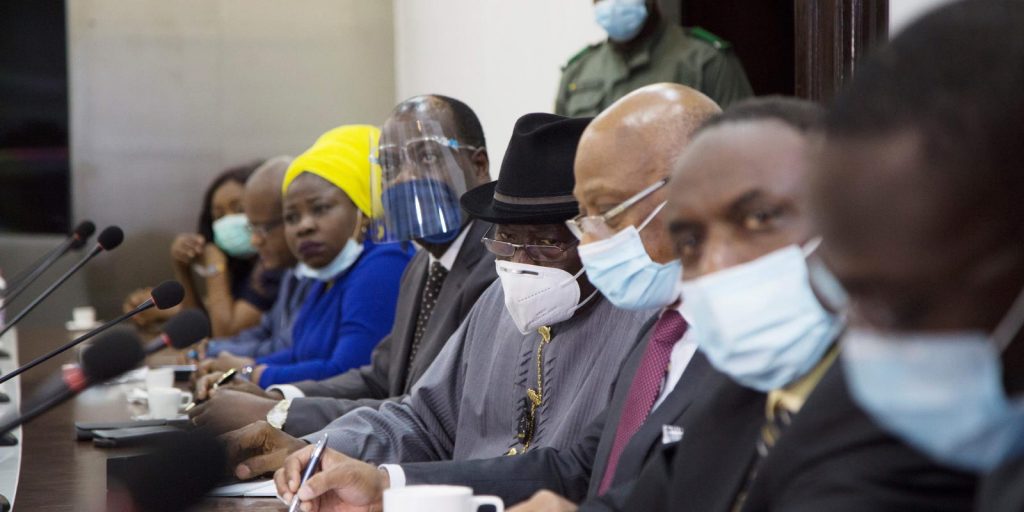
The general situation in the Sahel-Saharan region continues to be of concern to the African Union (AU) and the international community. The spread of the COVID-19 pandemic is adding an additional element to the multidimensional crisis that the Sahel has already been experiencing for a decade. This is resulting in a negative impact, to say the least, on the actions that were underway in the fight against insecurity and for the promotion of sustainable development.
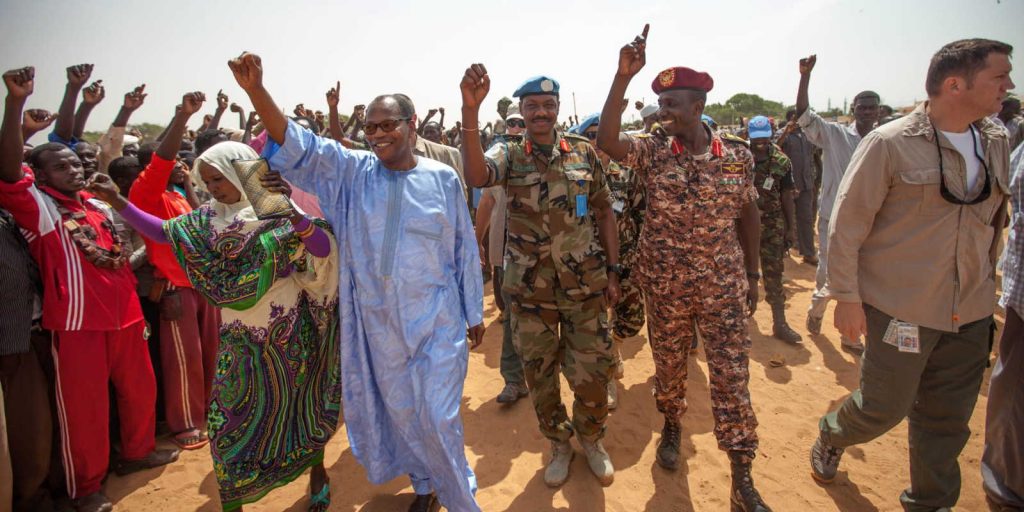
When the first COVID-19 cases reached the African continent, early estimates painted a dim picture of the impact of the pandemic on the region. Editorialists, public figures and think tanks predicted a widespread outbreak in the face of governments and health systems lacking the capacities to counter it. On 9 March 2020, the first two cases of COVID-19 were announced in Burkina Faso, followed by Niger on 19 March and Mali on 25 March. The outlook for the Sahel was particularly pessimistic. Some predicted that in addition to the human toll, the pandemic would spark the collapse of the Sahelian states.
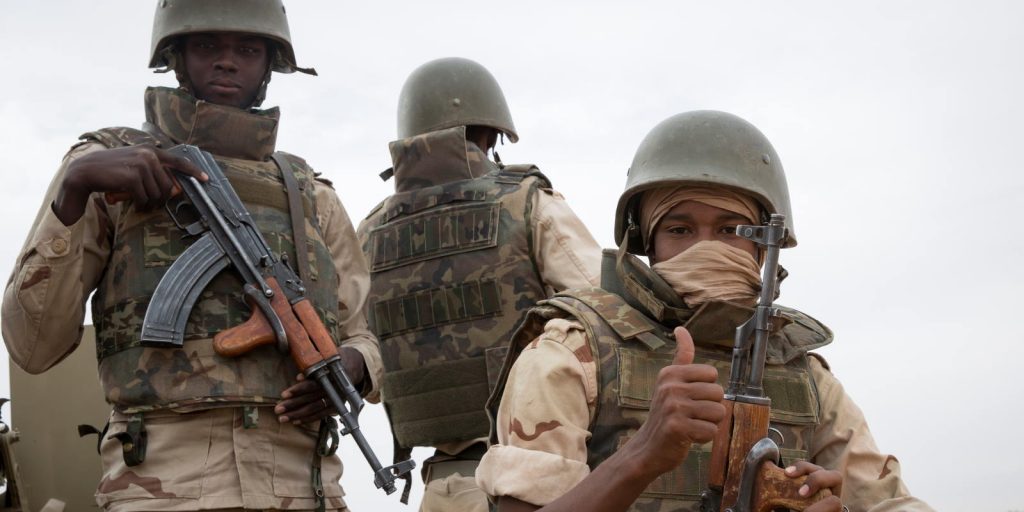
The Sahel’s stability and prosperity has been seriously challenged in recent years. The prevalence of intercommunal violence, climate change and food insecurity, among other factors, contribute to the region’s instability. These have been further fuelled by additional extenuating factors that include limitations in economic development, poor development in health and human welfare, and now the COVID-19 pandemic.
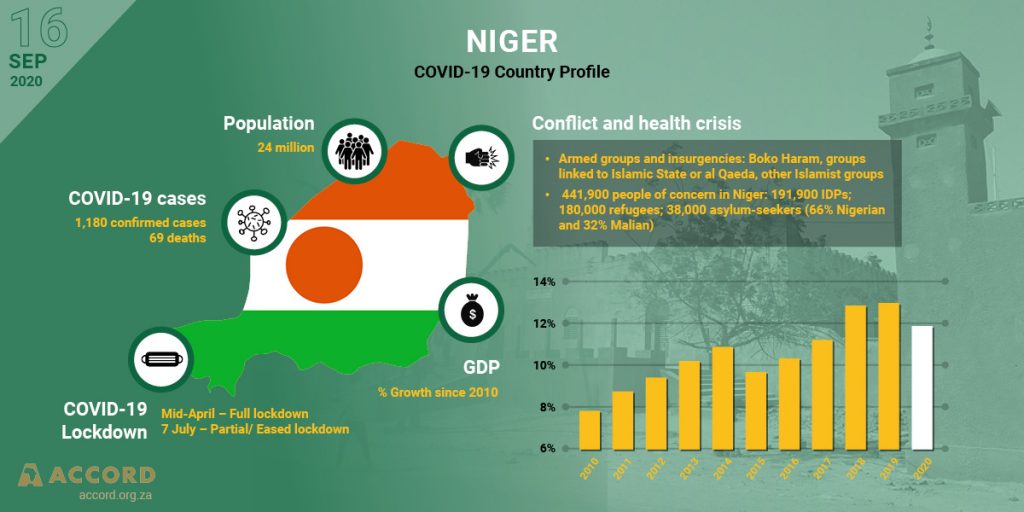
For several years, the Sahel has been facing insecurity. Niger, by virtue of its geographical position, is the Sahel country most affected by this insecurity, due to persistent attacks by non-state armed groups in its western region bordering Burkina Faso and Mali, and in its eastern region (the Lake Chad Basin), where Boko Haram is active. In addition to this, there is now the added threat of the COVID-19 pandemic.

Issuing Presidential Statement, Security Council Expresses Grave Concern about Increase in Attacks on Schools, Underlines Education’s Contribution to Peace Source: ReliefWeb The Security Council today urged Member States to develop

Sudanese Women Sign Declaration for ‘Strategic Feminist Coalition’ Source: Dabanga Women members of the Sudan People’s Liberation Movement-North faction under the leadership of Abdelaziz El Hilu (SPLM-N El Hilu) and

Coronavirus – South Sudan: International Organization for Migration (IOM) and RedR UK Report closing the gap in Women’s Rights and Opportunities in Humanitarian Water, Sanitation and Hygiene Response in South